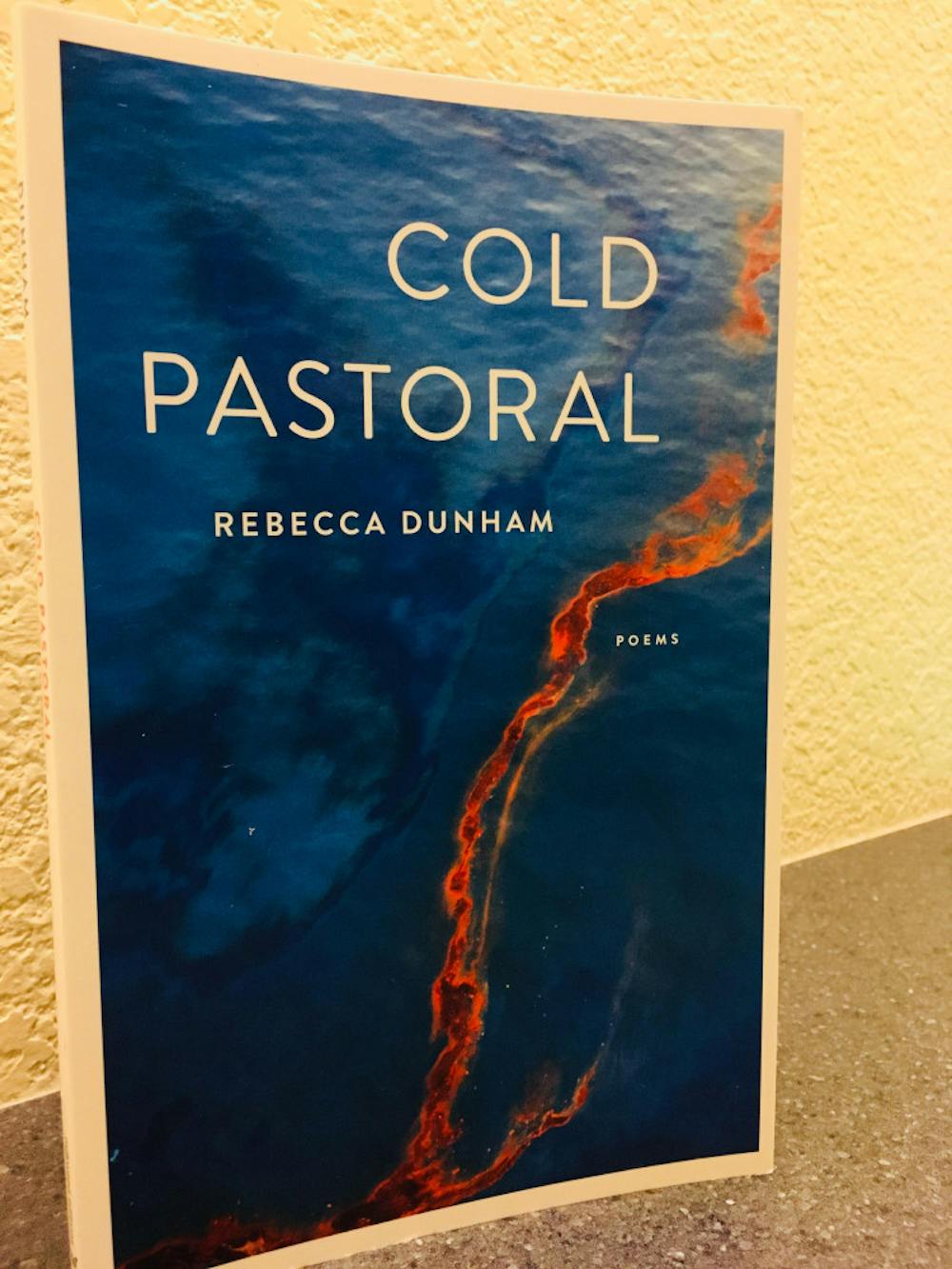An award-winning poet visited UNC to read her poems and discuss her work on Tuesday night in the University Center.
Lisa Zimmerman, an English associate professor and avid supporter of Rebecca Dunham's poetry, invited Dunham to host an event at 7:30 p.m. on Tuesday.
Dunham is an English professor at the University of Wisconsin-Milwaukee. She is the receiver of many awards such as the National Endowment for Arts Literature, also known as the NEA Fellowship. This is a program that offers $25,000 in grants to allow fiction and creative nonfiction writers and poets to set time aside for writing, research, travel and general career advancement. People can only apply once a year for this program.
Dunham has received other awards such as the spring 2015 “Arts and Letters Distinguished Visiting Writer” award at Bowling Green State University. She has written four books: “The Flight Cage,” “The Miniature Room,” “Glass Armonica” and “Fasicle.” All of these books have won awards and honors. She published her most recent book, “Cold Pastoral,” in 2017. It talks about environmental disasters like Hurricane Katrina, The Flint Water Crisis and the Deepwater Horizon explosion, which killed 11 men and caused the largest oil spill in U.S. history.
When working on “Cold Pastoral,” Dunham said she wanted to focus on the aftermath of the disaster. A year after the explosion happened, she visited people who were affected by the spill. Many of the people she interviewed felt like others didn’t care about how they were affected.
One poem from Dunham's book, “Field Notes, 2011,” is about her encounter with Wilbert Collins, the owner of Collins Oyster Co. The oil spill's aftermath forced the oyster company to go out of business. The company was open for more than 90 years before the accident ruined all their oyster beds.
“‘I don’t have anything else to do,’ he says, when I thank him. ‘I offered to show them my dead oysters. They don’t want to see it,’ I know. It’s not in our nature. I owe him more than this utterance unheard--must learn, at last, to look,” the poem says.
When Dunham visited the site of the disaster, she thought she was going to primarily focus on the landscape. But she found that the people had the most impact on her.
“When I came back, I realized that it was the people that ended up mattering the most, so that people I ran into were just random,” Dunham said.
She wrote a poem dedicated to the 11 workers who died in the explosion and titled it “Elegy for the Eleven.” Other elegies include “Elegy, Wind Whipped” and “Suburban Elegy.” The book itself has even been described as “An Elegy for our Endangered Environment.”
According to Dunham, the challenge in putting together “Cold Pastoral” was figuring out the balance between poems about the oil spill and about other environmental issues. Dunham said she wanted a mix of both, and she took poems out of the book that she felt fell flat.
As far as her writing process, Dunham said she likes to write whole poems in one sitting from top to bottom, as opposed to stopping in the middle of a poem. According to her, she gets so lost in writing that she has to set alarms to remind herself to eat. Dunham has less time to write lately, but she used to write 4 to 5 mornings a week.
Dunham is currently working on her next project, another book of poems that focuses on marriage.








